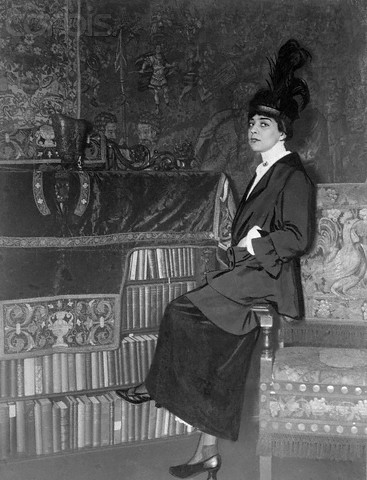To the Members of the Medieval Academy,
Voting in the Medieval Academy governance election is one of the most important means that members have to impact both the Academy and the future of medieval studies in North America. I am very pleased to announce the names of the Medieval Academy members who have generously agreed to stand for election to office in 2020:
President: Renate Blumenfeld-Kosinski (French, Emerita Univ. of Pittsburgh)
1st-VP: Thomas E. A. Dale (Art History, Univ. of Wisconsin)
2nd-VP: Maureen Miller (History, Univ. of California, Berkeley)
Councillors (four seats available, three-year term):
Lisa Bitel (Religion, University of Southern California)
Travis Bruce (History (Mediterranean Studies), McGill University)
William Caferro (History, Vanderbilt Univ.)
Seeta Chaganti (English, Univ. of California, Davis)
Elina Gertsman (Art History, Case Western Reserve Univ.)
Geraldine Heng (English & Comparative Literature, Univ. of Texas at Austin)
Laura Morreale (English and French, Independent Scholar)
Luisa Nardini (Musicology, Univ. of Texas at Austin)
Alison Perchuk (Art History, California State Univ. Channel Islands)
Sebastian Sobecki (English, University of Groningen)
Nominating Committee (two seats available, three-year term):
Alison Beach (History, The Ohio State University)
Matthew Desing (Spanish, Univ. of Texas, El Paso)
Andrew Rabin (English, Univ. of Louisville)
Cord Whitaker (English, Wellesley College)
Click here for more information about these candidates.
The election will be conducted in accordance with our By-Laws. The Nominating Committee is charged with nominating eight candidates for the four positions on the Council, balancing racial, gender, geographic, professional, and specialization diversity while also considering the same facets of the incumbents. A ninth candidate has been nominated by petition (see below). There are four candidates for two openings on the Nominating Committee. As is our practice, the slate of three Presidential Officers is presented unopposed (this will change next year). Additional information about the governance of the Academy can be found on our FAQ page.
In addition to biographical information, each candidate has submitted a statement detailing their vision for the Academy and their reasons for wanting to participate in its governance. It is our hope that these statements will assist members in making informed choices about the governance of the Medieval Academy. These statements are online here: https://www.medievalacademy.org/page/2020Ballot
As you consider these candidates, you may wish to take into account the demographics and specializations of the incumbents:
Council:
2018-2021:
Ray Clemens (Manuscript Studies, Beinecke Library, Yale Univ.)
Valerie Garver (History, Northern Illinois Univ.-DeKalb)
Lucy Pick (Religion, Univ. of Chicago)
Kathryn Smith (Art History, New York Univ.)
2019-2022:
Lynda Coon (History, Univ. of Arkansas)
Hussein Fancy (History, Univ. of Michigan)
Fiona Griffiths (History, Stanford Univ.)
Anne Latowsky (French/Latin, Univ. of South Florida)
Nominating Committee (2019-2020):
Sean Field (History, Univ. of Vermont) (Chair)
Jessica Goldberg (History, Univ. of California, Los Angeles)
Sif Rikhardsdottir (Comparative Literature, Univ. of Iceland)
My thanks to the Nominating Committee for their careful and thoughtful work in establishing the slate of Council candidates: Nicholas Watson (Chair), Robin Fleming, Jessica Goldberg, Sif Ríkharðsdóttir, and Catherine Saucier. My thanks as well to President Ruth Mazo Karras for proposing the slate of Nominating Committee candidates.
We are introducing a more secure online voting platform this year to ensure that voting is restricted to members of the Medieval Academy of America. When you follow the ballot link below, you will be asked to sign into your MAA account on our website in order to cast your vote. If you have forgotten your username or password, please contact us. You may only cast one ballot, and your ballot will be invalid if you vote for more than the allowable number of candidates indicated. The deadline for receipt of your vote is 2 January 2020. Finally, if you would prefer a paper ballot and have not requested one in the past, please let me know.
Click here to cast your vote in the 2020 MAA Governance Election:
https://www.medievalacademy.org/surveys/default.asp?id=2020_Election
Thank you for participating in the election.
– Lisa Fagin Davis, Executive Director




